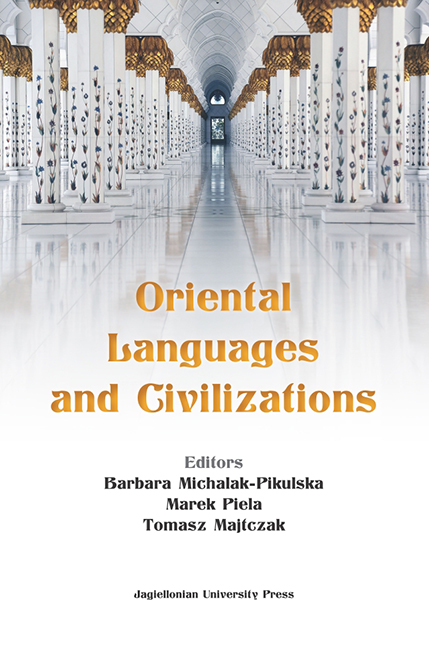Has the son outgrown his father? The life and workof Ǧaʿfar Ibn Aḥmad an-Nāṣirī as-Salāwī(1893–1980)
Published online by Cambridge University Press: 06 November 2021
Summary
Abstract
The contemporary Moroccan historian Ǧaʿfar Ibn Aḥmadan-Nāṣirī (1893–1980) was the younger son of Aḥmadan-Nāṣirī, a renowned 19th-centuryhistorian and ʿālim,the author of the first Arabic history of Morocco.His son Aḥmad Ibn Ǧaʿfar was also a man of letters.Both were connected with the Moroccan town Salā.Ǧaʿfar an-Nāṣirī was a continuator of the greatestwork of his father, Al-Istiqṣāli-aḫbār duwal Al-Maḡrib al-Aqṣā (“Theanalysis of records on dynasties of the FarthestWest”), writing a book Al-Iḥṣāfī mā baʿd Al-Istiqṣā (“Enumeration ofwhat happened after Al-Istiqṣā”), which was a continuationof Aḥmad an-Nāṣiri's chronicle. Thus above all hetook his own way of writing and thinking, devotinghis works as to the history of his hometown Salā asto the history of Moroccan Sahara: Al-Muḥīṭ bi-al-muhimm min aḫbārṢaḥrā’ al-Maḡrib wa-Šinqīṭ (“Ocean ofrecords about Desert of Morocco and Šinqīṭ”).Unfortunately, despite he is concerned as one of themost outstanding historians of Morocco in the20th century, until recently thegreater part of his writings remained in themanuscript. The present paper is the firstpresentation of the personality and works of thiswriter and scholar in European Arabic Studies. Onthe way I will try to compare the legacy of Ǧaʿfaran- Nāṣirī with this of his father Aḥmad an-Nāṣirīand to evaluate his position within the20th-century Moroccanhistoriography.
Keywords: Ğaʻfar an-Nāṣirī, Morocco, Rabat, Salé,Western Sahara, historiography, politics
Abū al-Faḍl Ğaʻfar Ibn Aḥmad Ibn Ḫālid an-Nāṣirīas-Salāwī (biographical data source: An-Nāṣirī,2015, pp. 15–19; Ibn ʿAzzūz, 2005, pp. 17–38;Al-Marīnī, 1992; Al-Bābiṭīn ʿA.ʿ A., 2020;Al-Ǧirārī, 1985, pp. 293–297; Al-Qubāǧ, 2005, pp.98–103) was a valued historian of Morocco and apoet. He was born on 10th May 1893 (23 Šawwāl 1310 A.H.) in Salé,as the youngest son of Aḥmad Ibn Ḫālid an-Nāṣirī(1835–1897). His mother was Butūl, a daughter of afamous Moroccan ʿālimMuḥammad ʻAwād. As his father died when the boy wasonly four years old, the duties of a guardian,nurturer, and first educator were performed by hismuch older brother, Muḥammad al-ʿArabī (1877–1943)(Al-Ğirārī, 1971, pp. 128–129; Al-Bābiṭīn ʿA.ʿ A.,2018), who also wrote, including on religion andhistory.
- Type
- Chapter
- Information
- Oriental Languages and Civilizations , pp. 203 - 212Publisher: Jagiellonian University PressPrint publication year: 2022

